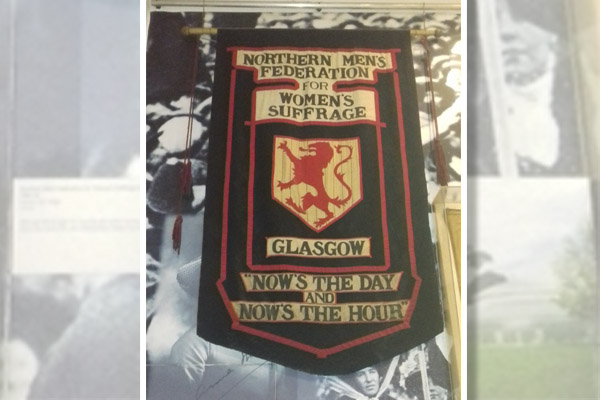The Difference Between Short Stories And Serials

In this post I want to highlight some key differences between short stories and serials. It’s also worth noting that writers can feel pressure writing for either format.
Short stories
Short stories can be anywhere between 1000 and 4000 words.
At first glance, the word count for stories can appear restrictive, but it can also lead to more dynamic writing. However, a writer has to be thorough with what stays in – and out – of a short story.
A story can contain the most descriptive and poetic of paragraphs, but if it adds to the word count and doesn’t add to the storyline, it might be best to highlight it and press delete.
I’m not saying there’s no place for descriptive language in short stories; it can paint vivid pictures in the readers’ minds. But less is often more when it comes to short stories.
I’m a fan of Ernest Hemingway’s succinct style of writing. In Hemingway’s “Big Two-hearted River”, the character Nick walks to the aforementioned river. Cue melodramatic prose . . .? No, on the character’s arrival, Hemingway simply says: The river was there.
Short stories are generally easier to plan and structure. Any storyline flaws can often be fixed in prompt fashion too.
Serials
Each serial instalment comprises of 5000 words, the entire length varying between three and eight instalments. There is more scope to develop multi-layered characters and intricate plots in serials.
One of the biggest issues new serial writers have is balancing the plot. Don’t jump around in short, disjointed scenes. Each chapter or scene should support the main narrative arc.
Regardless of how many instalments there are, a serial, like a short story, still needs to contain a beginning, middle and end.
Whereas a short story will have one viewpoint character, serials must contain at least two.
It can be tricky for writers to know how many instalments a serial will run for. The luxury of the longer, in-depth format can soon pose problems if the writer runs out of ideas.
That’s why it’s important for writers to carefully plan their synopsis – a challenge in itself.
Overall, the serial journey is a rewarding one. For many writers, serial worlds and the characters who inhabit them can become more real to them.
Whether it’s a “Friend” short story or serial, enjoy the writing process.










